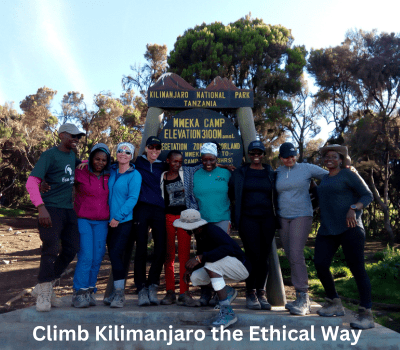How Do I Choose a Reliable Guide for Climbing Kilimanjaro?
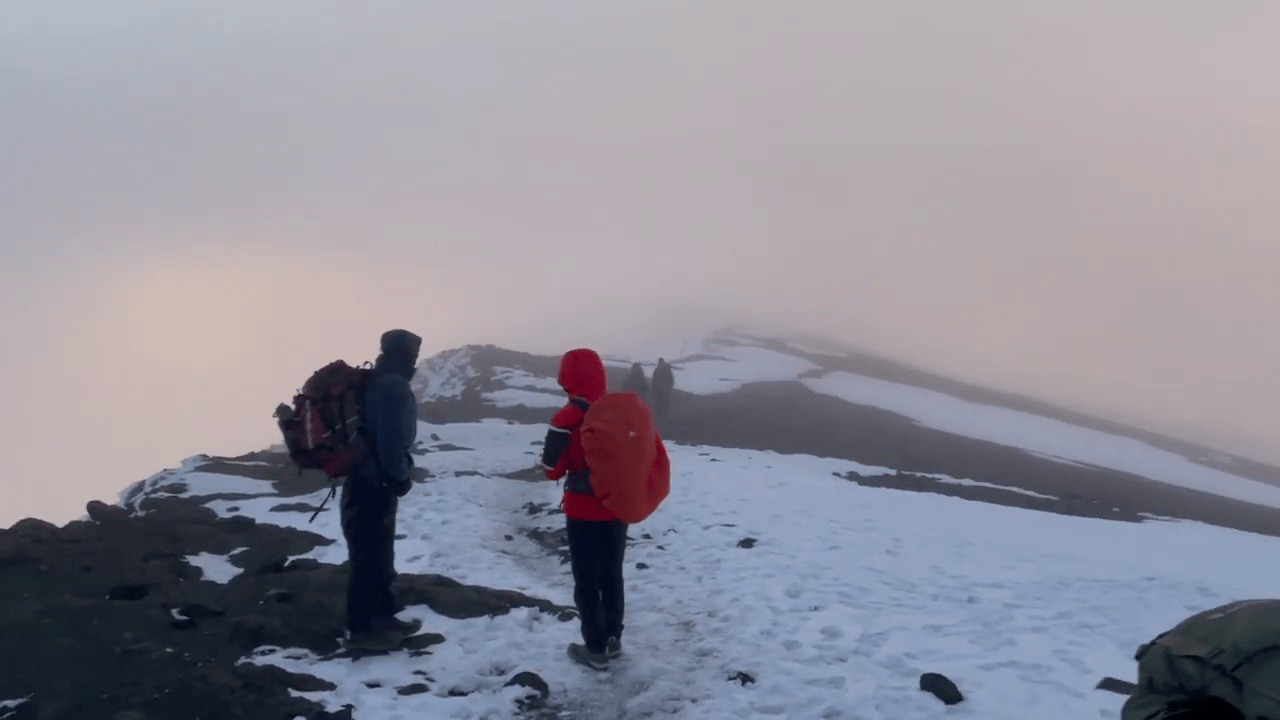
Introduction: Why Choosing the Right Guide Matters
Climbing Mount Kilimanjaro is a once-in-a-lifetime adventure. Reaching the highest point in Africa at 5,895 meters above sea level is a dream for thousands of trekkers each year. But before you lace up your boots and grab your trekking poles, there’s one critical decision to make—choosing the right guide. Your guide isn’t just someone who walks ahead of you; they are your safety officer, morale booster, high-altitude medic, and cultural interpreter all rolled into one.
A reliable guide can mean the difference between a successful summit and a dangerous experience. With rapidly changing weather, high altitude, and remote terrain, you need someone who knows the mountain inside and out. But with so many companies and individuals offering Kilimanjaro tours, how can you tell who’s truly qualified and ethical?
In this article, we’ll break down how to choose a reliable guide for Kilimanjaro—covering legal requirements, essential certifications, red flags to avoid, and what to expect from top-rated operators like Eco-Africa Climbing. Let’s dive in.
The Legal Requirement for a Licensed Guide
First, it’s important to know that hiring a licensed guide is not optional. According to TANAPA (Tanzania National Parks Authority), all climbers on Kilimanjaro must be accompanied by a certified guide. The law is enforced at all park entry gates, where rangers check licenses and documentation.
This requirement isn’t just bureaucracy—it’s about safety, conservation, and supporting the local economy. Licensed guides are trained in high-altitude safety, trail management, and first aid. They also understand park protocols, environmental regulations, and emergency procedures.
Companies like Eco-Africa Climbing provide only licensed, experienced guides who meet and exceed Tanzanian regulations.
Key Certifications and Credentials to Look For
When evaluating a potential guide or tour company, look for these essential certifications and indicators of professionalism:
- TANAPA License: All guides must be licensed by the Tanzania National Parks Authority.
- WFR Certification: Wilderness First Responder (WFR) training is the gold standard in mountain first aid.
- High-Altitude Experience: Look for guides with multiple successful summits and experience with different Kilimanjaro routes.
- KPAP Affiliation: The Kilimanjaro Porters Assistance Project audits ethical practices and promotes fair treatment of mountain crews.
Don’t hesitate to ask for documentation or references. Professional companies will proudly display certifications and client testimonials.
Red Flags: How to Spot an Unreliable or Unlicensed Guide
Not every Kilimanjaro operator upholds ethical or professional standards. Here are warning signs that you may be dealing with an unreliable guide:
- No license or ID: If they can’t produce proof of certification, walk away.
- Too-good-to-be-true pricing: Rock-bottom rates often mean cut corners on safety and porter welfare.
- No online presence or reviews: Reputable operators should have feedback on platforms like TripAdvisor.
- Refusal to answer detailed questions: A reliable guide will confidently explain their experience, team structure, and safety protocols.
Avoid anyone who seems evasive, disorganized, or pushy. Remember, you’re entrusting them with your health and your dream.
The Role of KPAP in Ensuring Ethical and Reliable Practices
The Kilimanjaro Porters Assistance Project (KPAP) plays a crucial role in promoting ethical climbing. They monitor climbing companies to ensure:
- Fair wages for porters
- Safe sleeping and working conditions
- Proper gear and load limits
- Transparent tipping policies
KPAP-certified companies, such as Eco-Africa Climbing, undergo regular audits and must meet high standards. Booking with a KPAP partner means your climb supports ethical tourism and sustainable development in Tanzania.
Reviews and Referrals: Learning from Others’ Experiences
One of the most effective ways to assess the reliability of a Kilimanjaro guide is by examining reviews and seeking referrals. Platforms like TripAdvisor and Reddit’s r/Mountaineering community offer firsthand accounts from climbers who have recently completed their treks. These reviews can provide insights into a guide’s professionalism, knowledge, and the overall experience.
When reading reviews, pay attention to comments about:
- Safety Measures: Did the guide prioritize climbers’ health and safety?
- Communication: Was the guide clear and responsive in their communication?
- Support Staff: Were porters and other staff treated ethically and fairly?
- Success Rate: Did the majority of climbers reach the summit?
Personal referrals from friends or acquaintances who have climbed Kilimanjaro can also be invaluable. They can provide honest feedback and may even recommend specific guides or companies.
Benefits of Booking Through a Certified Operator
Choosing a certified tour operator ensures that you are working with professionals who adhere to established standards and regulations. Certified operators are more likely to:
- Employ Licensed Guides: Ensuring compliance with Tanzanian law.
- Provide Proper Equipment: Including safety gear and well-maintained camping equipment.
- Adhere to Ethical Practices: Fair treatment and compensation for porters and staff.
- Offer Comprehensive Support: Including pre-trip information, acclimatization strategies, and emergency protocols.
Organizations like the Kilimanjaro Porters Assistance Project (KPAP) partner with operators committed to responsible trekking. Booking with a KPAP-affiliated company ensures that your climb supports ethical practices and the well-being of mountain crews.
Questions to Ask Potential Guides
Before committing to a guide or tour company, it’s essential to ask the right questions to gauge their reliability and professionalism:
- Are you licensed by TANAPA? Verify their legal authorization to lead climbs.
- What certifications do you hold? Look for Wilderness First Responder (WFR) or similar qualifications.
- How many Kilimanjaro climbs have you led? Experience matters, especially in handling emergencies.
- Can you provide references or testimonials? Past client feedback can offer valuable insights.
- What is your policy on porter treatment and compensation? Ethical treatment of staff reflects the company’s values.
A reputable guide will be transparent and forthcoming with this information, ensuring you feel confident and secure in your choice.
Eco-Africa Climbing’s Guarantee: Safety, Ethics, and Expertise
At Eco-Africa Climbing, we pride ourselves on providing exceptional service grounded in safety, ethical practices, and expert knowledge. Our guarantees include:
- Licensed and Experienced Guides: All our guides are TANAPA-certified and have extensive experience leading successful climbs.
- Comprehensive Safety Measures: Including regular health checks, emergency protocols, and access to medical equipment.
- Ethical Treatment of Staff: We are a proud partner of KPAP, ensuring fair wages and proper equipment for all porters and staff.
- Personalized Support: From pre-trip planning to post-climb debriefings, we support you every step of the way.
Choosing Eco-Africa Climbing means entrusting your Kilimanjaro adventure to a team dedicated to making your experience safe, ethical, and unforgettable.
Importance of Ethical Practices in Kilimanjaro Expeditions
When selecting a guide for your Kilimanjaro climb, it’s crucial to consider the ethical practices of the tour operator. Ethical operators ensure fair treatment of their staff, provide proper equipment, and adhere to safety standards. This not only guarantees a better experience for you but also supports the well-being of the local community.
Unethical practices, such as underpaying porters or overloading them with excessive weight, can lead to dangerous situations and tarnish the reputation of the trekking industry. By choosing an operator committed to ethical standards, you’re contributing to sustainable tourism and the preservation of Kilimanjaro’s environment.
The Role of KPAP in Ensuring Ethical Standards
The Kilimanjaro Porters Assistance Project (KPAP) plays a vital role in promoting fair treatment of porters and guides. KPAP monitors and evaluates tour operators to ensure they meet specific ethical guidelines, including fair wages, proper equipment, and reasonable working conditions.
Booking with a KPAP-affiliated company ensures that your climb supports responsible tourism practices. These operators undergo regular audits and are committed to transparency and the welfare of their staff. Supporting KPAP-certified companies helps uplift the local community and maintain the integrity of the trekking industry.
Benefits of Choosing a Certified Operator
Opting for a certified tour operator offers numerous advantages:
- Safety: Certified operators prioritize your safety by employing trained guides, conducting regular equipment checks, and adhering to established protocols.
- Experience: These operators have a proven track record of successful climbs and satisfied clients.
- Support: They provide comprehensive support, including pre-trip planning, acclimatization strategies, and emergency response plans.
- Ethical Practices: Certified operators are committed to fair treatment of their staff and sustainable tourism practices.
By choosing a certified operator, you’re ensuring a safer, more enjoyable, and ethically responsible Kilimanjaro experience.
Conclusion: Choose Smart, Climb Safe
Selecting a reliable guide for your Kilimanjaro adventure is not just about ticking a box—it’s about ensuring your safety, supporting ethical tourism, and enhancing your entire trekking experience. A great guide does more than show the way—they monitor your health, lift your spirits, and guide you to the summit with knowledge and care.
By verifying licenses, checking reviews, asking the right questions, and choosing KPAP-certified companies like Eco-Africa Climbing, you’re setting yourself up for a successful and meaningful journey to the Roof of Africa.
Frequently Asked Questions (FAQs)
Do I need to hire a guide to climb Kilimanjaro?
Yes. Tanzanian law requires all climbers to be accompanied by a certified guide. Solo treks are not permitted.
How can I verify a guide’s certification?
Ask for their TANAPA license and certifications like Wilderness First Responder (WFR). Reputable companies will gladly provide documentation.
What is KPAP and why does it matter?
The Kilimanjaro Porters Assistance Project ensures ethical treatment of porters. Booking with a KPAP partner supports fair wages, proper equipment, and safe working conditions.
Are budget operators reliable?
Not always. Some cut corners on safety and porter welfare. Always prioritize companies with strong reputations and ethical practices—even if it costs slightly more.
Why choose Eco-Africa Climbing?
We’re a 100% Tanzanian company offering licensed guides, KPAP partnership, 7-star mountain service, and deep local knowledge. Learn more about us here.
Book Your Ethical Kilimanjaro Adventure with Eco-Africa Climbing
Trust your journey to a team that values safety, service, and sustainability. At Eco-Africa Climbing, our certified guides and expert crew are ready to help you conquer Kilimanjaro ethically and confidently.
Explore our most popular guided treks:
Get started now by visiting our Kilimanjaro booking request page or contact us directly.
Share:
Related Posts
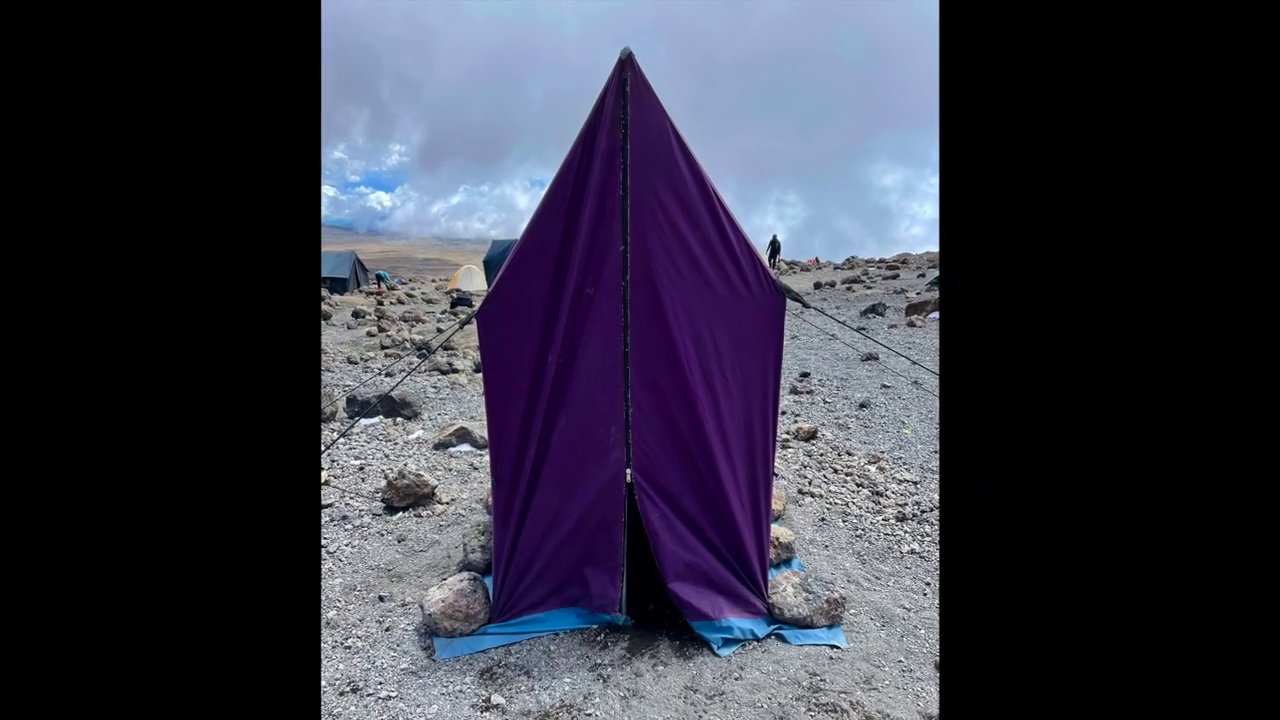
bathroom on mountain kilimanjaro
Bathroom on Mountain Kilimanjaro: What to Expect and How to Prepare Introduction One of the most common — and least discussed — questions from people
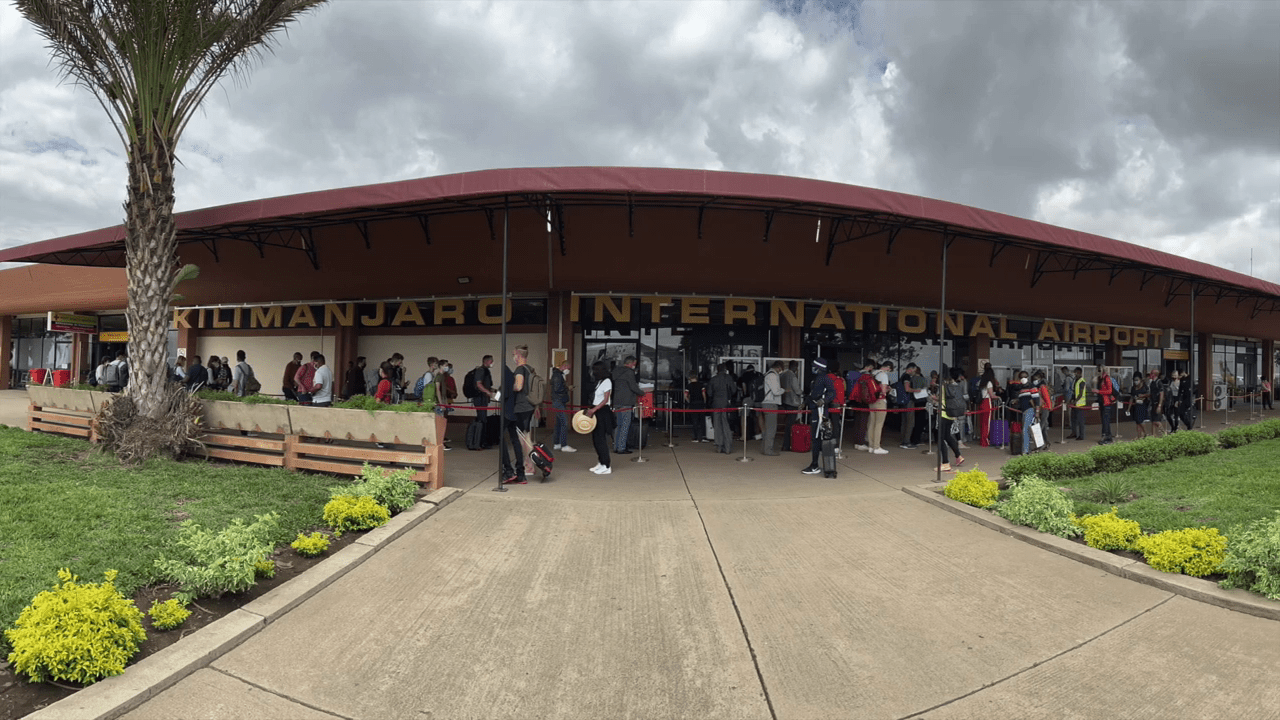
Are Guides Readily Available in Tanzania Without Prior Booking?
Are Guides Readily Available in Tanzania Without Prior Booking? Introduction: Should You Risk Climbing Without Pre-Booking? Climbing Mount Kilimanjaro is a dream for many adventurers.
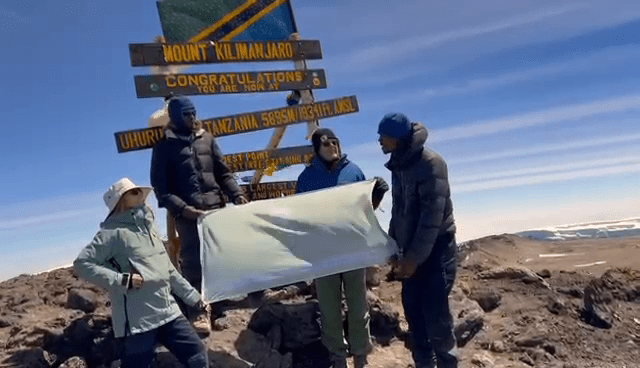
How Can I Find a Reliable Local Guide for My Kilimanjaro Expedition?
How Can I Find a Reliable Local Guide for My Kilimanjaro Expedition? Introduction: Why the Right Guide Is Key to Kilimanjaro Success Climbing Mount Kilimanjaro
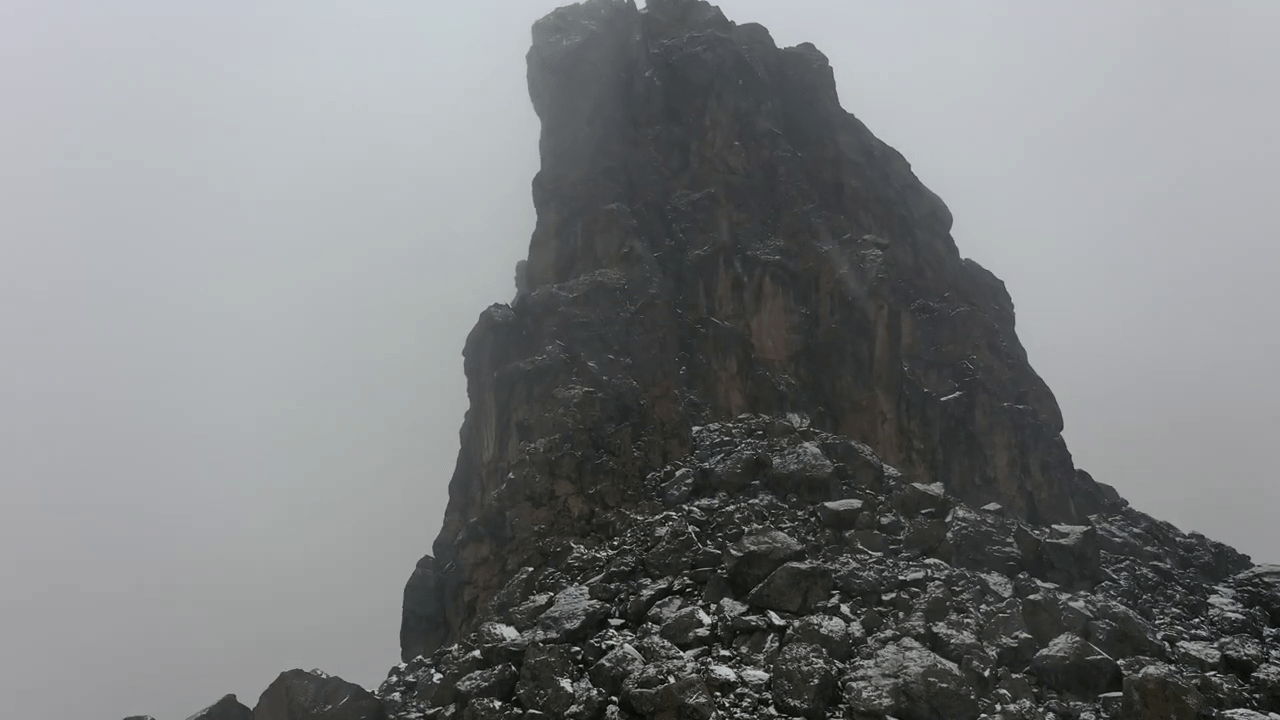
Is Climbing Kilimanjaro Dangerous for Individuals Without Mountaineering Experience?
Is Climbing Kilimanjaro Dangerous for Individuals Without Mountaineering Experience? Introduction: The Myth of Danger and Experience Many aspiring adventurers wonder if climbing Mount Kilimanjaro is
